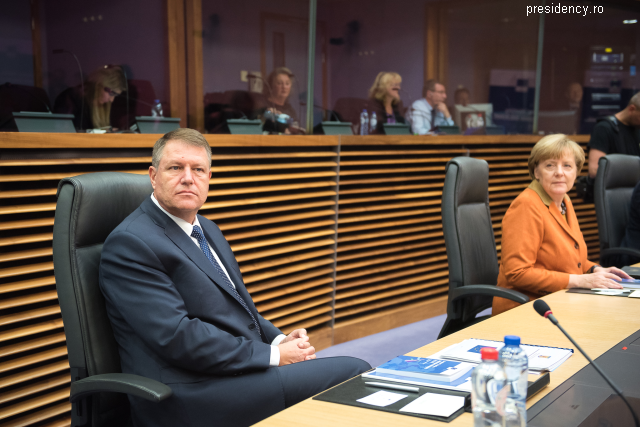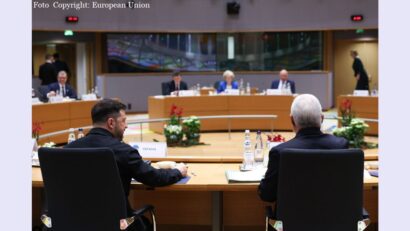Handling the Refugee Crisis in Europe
New wave of refugees might hit Europe, Brussels wants EU members to work closely to manage the crisis.

Roxana Vasile, 28.10.2015, 13:23
Over 700,000 refugees and migrants have arrived in Europe via the Mediterranean since the beginning of the year. Of these, some 560,000, mostly Syrian, have transited Greece, while 140,000 took the route of Italy.
And things are not looking up. European Council president Donald Tusk has warned that a new wave of refugees might arrive in Europe, fleeing the Syrian regions raided by the Russian military over the last few weeks. Donald Tusk has called on EU Member States to work closer together to handle the crisis. As a sign of their concern, the French President Francois Hollande and German Chancellor Angela Merkel tackled the migration issue during their bilateral meeting on Tuesday in Paris.
In turn, the Romanian President Klaus Iohannis has promised increased support and closer cooperation with the countries affected by this phenomenon. At the same time, Iohannis says Romania would get involved more in FRONTEX actions. After attending an emergency summit on migration in the Western Balkans on Sunday in Brussels, the Romanian president said the EU would increase the accommodation capacity of Greece and other countries hosting large number of refugees. The United Nations High Commissioner for Refugees will sustain the increase while the EU’s Civil Protection Mechanism will support the overrun accommodation capacities of affected states.
Klaus Iohannis: “Romania is neither a transit country, nor a destination country for these refugees. I took part in the meeting because the organizers thought it proper for Romania to be represented, given its proximity to the areas reporting large migration flows. I have suggested an increased support for Greece, better cooperation with Turkey as well as with states in the Western Balkans receiving large numbers of refugees.”
On Tuesday, President Klaus Iohannis met with Prime Minister Victor Ponta to address, among other things, Romania’s standpoint on the refugee crisis and the stage of preparations for taking in refugees. Romania agreed to host over 4,000 people. Meanwhile, men, women and children continue their journey through the Western Balkans on their way to Western or Northern Europe. Countries such as Macedonia, Serbia, Croatia, Slovenia and Austria are experiencing difficulties securing the safe passage of refugees. Unless swift and effective action is taken, the migration crisis might cause a political earthquake at European level, European Council president Donald Tusk has warned.






























